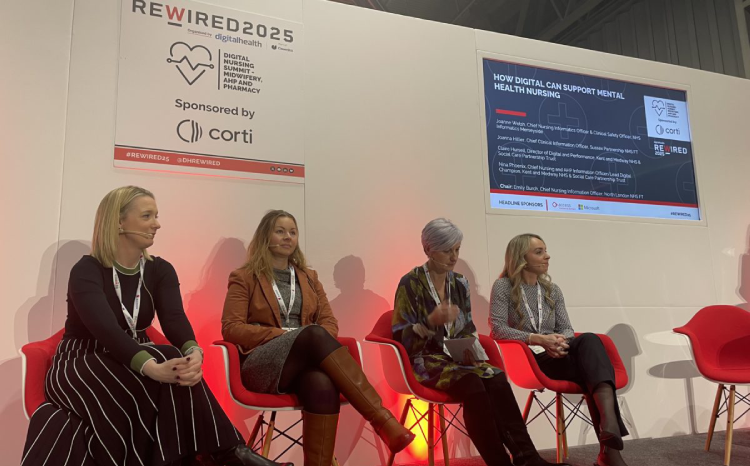Open Source: ‘Rescue Community Nurses from IT Exile’
- 4 June 2003
In the second of our new ‘Open Source’ columns Mark Reynolds, managing director of TopCall UK argues for community nurses to be urgently provided with modern IT tools to end their ‘communications exile’.
According to research by Intel, Hewlett Packard and Sendmail, the mobile nursing community is one of the most ostracised of all British organisations. That 60% of the ‘deskless’ nursing workforce finds itself in communications exile is a shame to British healthcare system.
The current culture of leaving nurses out of the loop and neglecting to give them job-critical information, such as safety notices, must strike fear into any potential patient. Furthermore, it is hardly going to generate the performance levels required for Foundation status hospitals.
Though mobile workers in healthcare have traditionally relied on pagers, this only allows one-way communication and doesn’t incorporate access to email – the preferred mode of communication for most people, according to analyst firm META Group.
Nurses need a quick and easy way to touch base, while still being on the move. For example, unified communications technology allows hospital staff to receive an emergency SMS message (alternative to a pager service) to notify them that they have an urgent email. They can then go to a designated area to ring into their inbox and listen to their message(s) via text-to-speech.
Community nurses who do not have their own offices in hospital, but who, for most of the day, are out doing home visits, are particularly in need of improved communications. They must be given a way of remaining in direct contact with their surgery or local hospital at all times.
A high level of communication is essential for the patient to get the highest level of care possible and to ensure emergencies are dealt with swiftly. For example, a nurse should be able to send patient notes to the surgery immediately after completing the consultation using a PDA (personal digital assistant) or handheld PC. This would take away the need to make unnecessary journeys or duplicating work.
But it is also extremely important that these key professionals are treated with the respect they deserve. Community nurses are not offering a peripheral service just because they are located outside of headquarters. They deserve just as much technical support as other healthcare workers receive, if not more. It is high time that the NHS reviewed the treatment of its staff and addressed their communication needs.
The technology now exists for all mobile workers to access and respond to all types of communication any time and anywhere. As communications technology advances, healthcare organisations can’t afford to rest on their laurels and continue to work the same way they did thirty years ago.
This means investing in IT to facilitate a truly integrated mobile workforce – not one driven into unnecessary exile.
If you would like to comment on the above email:comment@e-health-media.com .
‘Open Source’ is open to anyone interested in healthcare IT who would like to voice an opinion. Rules: no plugging of products; must express an opinion; no more than 700 words; may be edited. email:jon@e-health-media.com .




